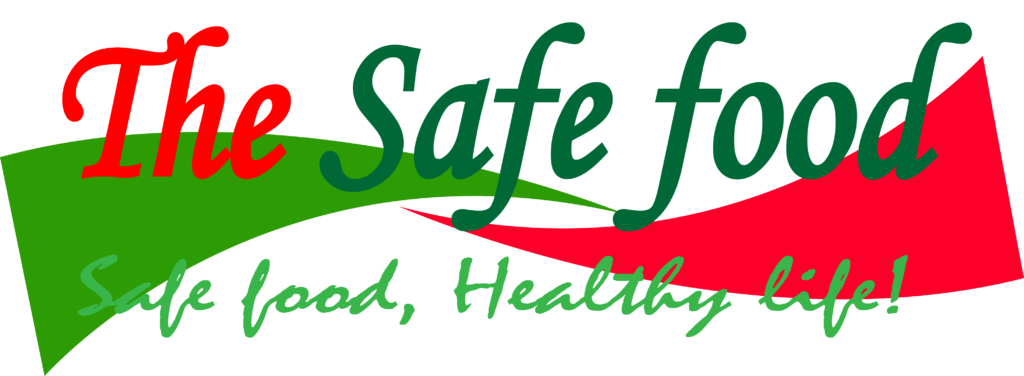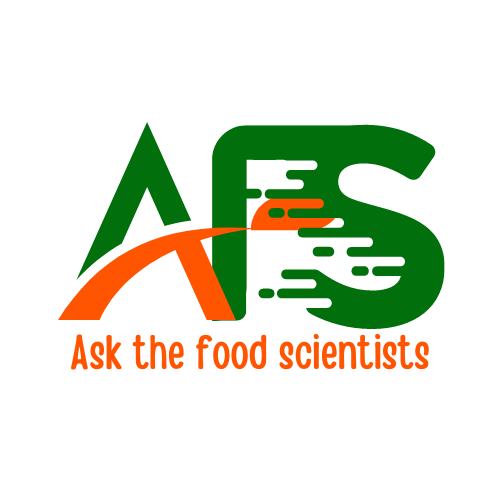Safe food is a fundamental requirement for consumer well-being, as it guarantees that the food we consume does not contain any substances that could be harmful to our health. Harmful substances can be classified into three main categories: physical hazards, chemical hazards, and biological hazards. By understanding and addressing these hazards, we can maintain the safety and integrity of our food supply, protecting both consumers and public health.
Food safety knowledge is for all!

Every consumer deserves to have high quality and safe food. …Read more!

- Physical Hazards:
Physical hazards encompass foreign objects or materials that may accidentally contaminate food. These can include broken glass, metal fragments, plastic, stones, or any other non-food items. Such hazards pose a direct threat to consumer safety, as they can cause injuries, choking, or other physical harm. Stringent quality control measures and food handling practices are necessary to prevent physical hazards from entering the food supply chain and reaching consumers. - Chemical Hazards:
Chemical hazards refer to substances that, when present in food, can pose a risk to human health. Examples of chemical hazards include detergents, agricultural chemical residues, heavy metals, food additives, and environmental pollutants. These substances can contaminate food during production, processing, or storage. Implementing strict quality control and monitoring systems, along with adherence to safety standards and regulations, are essential in minimizing chemical hazards and ensuring the safety of the food we consume. - Biological Hazards:
Biological hazards are microorganisms or their toxins that can cause illness or infection in humans. Bacteria, such as Salmonella, Mycobacterium tuberculosis, Listeria monocytogenes, and Bacillus cereus, are examples of biological hazards commonly associated with foodborne illnesses. Effective food safety practices, including proper hygiene, sanitation, and temperature control, are vital in preventing the growth and spread of these pathogens, thus reducing the risk of foodborne diseases.
Importance of Safe Food:
Protecting Consumer Rights:
Every consumer has the right to access safe food. All stakeholders involved in the food supply chain, including farmers, manufacturers, distributors, and consumers themselves, bear the responsibility of ensuring the safety of the end product. From avoiding agricultural chemical residues in farming to proper food preparation and adherence to manufacturer instructions, guaranteeing safe food is a collective effort that upholds consumer rights.
Disease Outbreak Prevention:
Safe food significantly reduces the occurrence of foodborne disease outbreaks. By minimizing the risk of consuming contaminated food, individuals can avoid the physical and financial burdens associated with foodborne illnesses. This not only benefits consumers but also helps governments allocate resources effectively and reduce healthcare costs associated with treating preventable foodborne diseases.
Economic Benefits and Improved Living Standards:
By ensuring safe food, communities experience improved living standards and reduced healthcare expenses. When individuals are not burdened by foodborne illnesses, they can allocate their resources towards other necessities, contributing to overall economic growth and well-being. This leads to a healthier and more productive workforce, fostering sustainable development and enhanced quality of life.
The safety of our food is of paramount importance in safeguarding consumer health and well-being. By addressing physical, chemical, and biological hazards, we can minimize the risk of consuming harmful substances and prevent foodborne illnesses. The provision of safe food not only upholds consumer rights but also ensures a healthier workforce, reduced healthcare burdens, and improved living standards. Let us strive collectively to prioritize and uphold the safe food imperative, protecting consumers and promoting a healthier and more prosperous future.
Our Blog ↗
Read the latest from our blog
Ask a Question ↗
Ask a question and get answers from our community
Give Feedback ↗
We value your feedback.

